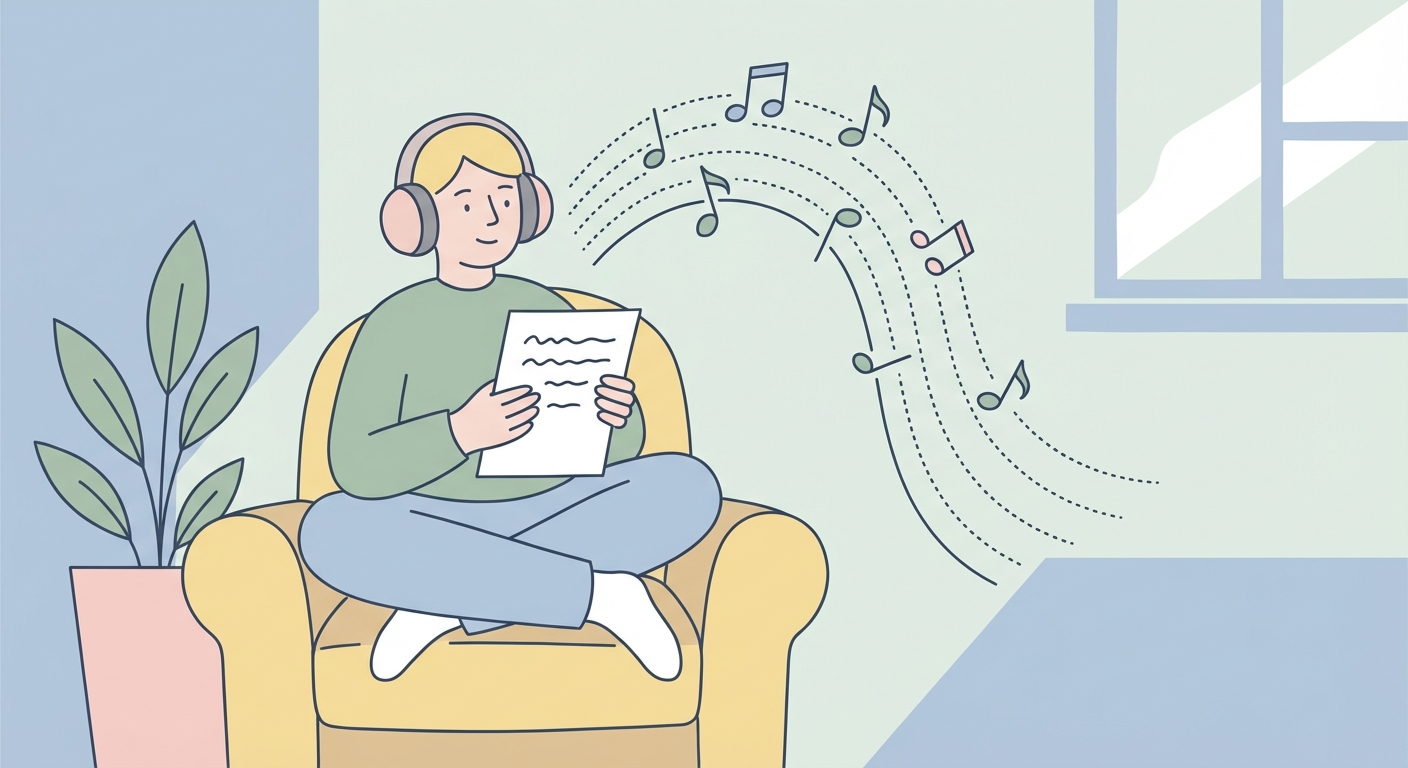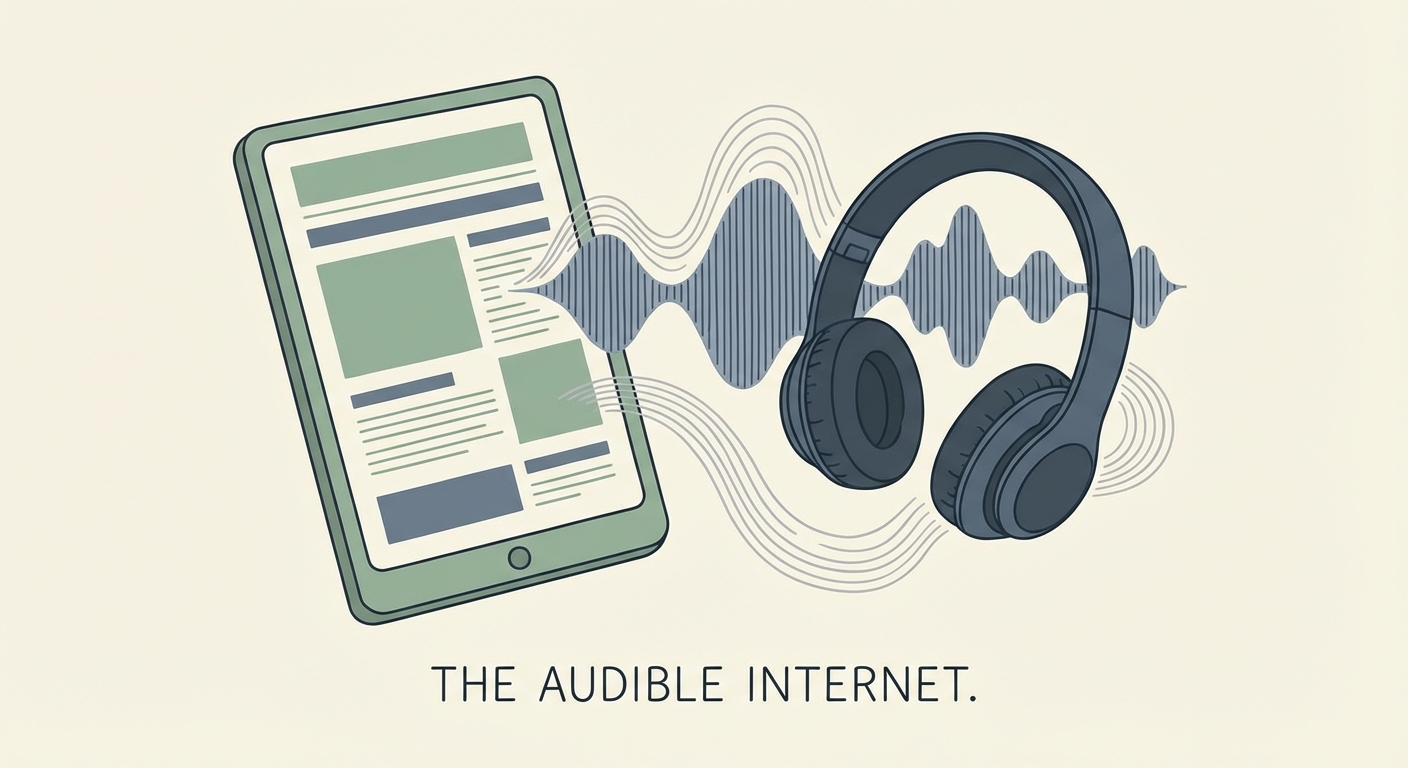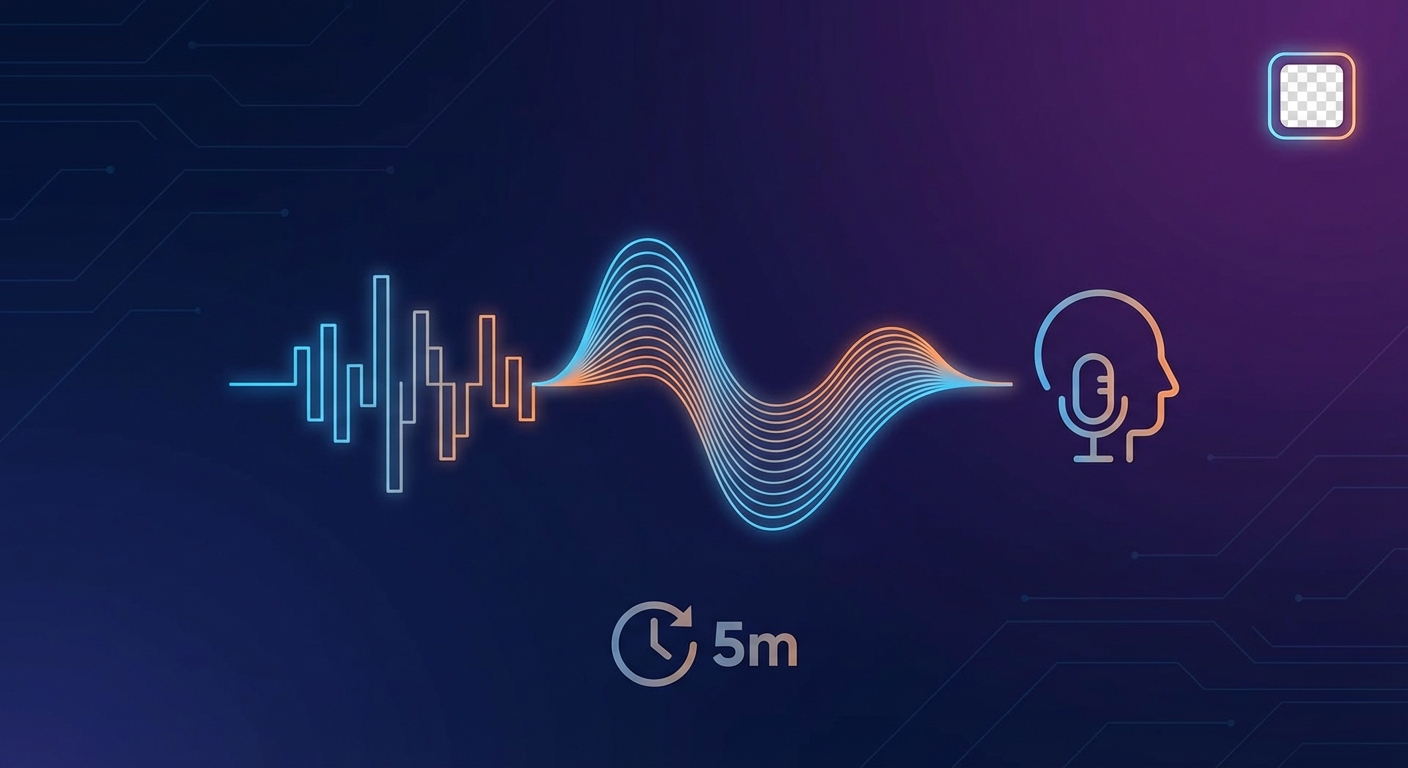Text to Speech for Mandarin Chinese
TL;DR
- This article explores the world of text to speech (TTS) technology for Mandarin Chinese, covering its uses in video production, e-learning, and accessibility. It includes a rundown of top ai voice generators, highlighting features like voice customization, multilingual support, and realistic voice outputs. We also cover the benefits of using TTS for reaching global audiences and improving content engagement.
Introduction to Mandarin Chinese Text-to-Speech
Mandarin chinese, with its melodic tones, it's not just a language, but an art form, right? Ever wonder how computers are starting to nail it?
Text-to-Speech (TTS) is basically how we get computers to speak mandarin. It takes written text and turns it into spoken words.
Think about it: from language learning apps helping you nail your pronunciation to platforms where creators use ai voice overs.
Accessibility is significantly improved, making content available to a wider audience.
It's all about bridging the gap between written and spoken word. Next, we'll look at the benefits of using these tools.
Benefits of Using AI Voice Generators for Mandarin Chinese
Okay, so you're thinking about using ai voice generators for mandarin? Honestly, it's a game changer; I'm not even kidding. Here's why it's actually pretty beneficial:
Saves you a ton of cash and time. Hiring voice actors can be expensive, and AI voice generators significantly speed up content creation. Think of a small business needing training videos but, they don't have the budget for professional voiceovers? ai can help them sound professional without breaking the bank.
Scalability and Efficiency. Need tons of voiceovers? ai generators can handle it, no sweat! plus, you can tweak things easily. This scalability is particularly useful for businesses that need to frequently update content, such as retail product descriptions.
Accessibility gets a boost. It's not just about convenience, it's about making content available to everyone. ai voice generators can help people with visual impairments, language learners, and anyone who prefers to listen to content.
Basically, ai voice generators are making Mandarin content more accessible and efficient. Next, we'll explore how these tools are enhancing content accessibility.
Top AI Voice Generators for Mandarin Chinese TTS
Okay, so you need Mandarin TTS? There are a bunch of options floating around, but let's talk about Texttovoice.online. It's one that's caught my eye recently, for a few reasons.
Essentially, texttovoice online ai voice generator is all about giving you narrations that fit current trends.
TikTok and Reels Ready: Marketed as ideal for short-form video content on platforms like TikTok, Instagram Reels, and YouTube Shorts. If you're aiming for that short-form video content, this could be a good fit.
Prompt-Driven Generation: It uses prompts to get the ai to generate the voice you're looking for. Describe what kinda voice you need, throw in your text, and boom, ai does its thing.
Multilingual Capabilities: It auto-detects the language, and spits out a voice that sounds like it's actually from that region. This multilingual capability is a significant advantage.
While it may not replace a professional voice actor, it offers a decent solution for quick content creation. Pricing information is not readily available; users should check the provided link for details.
Moving on, let's look at some common ways Mandarin Chinese TTS is being used.
Use Cases for Mandarin Chinese Text-to-Speech
Okay, so you might be thinking, "Marketing in Mandarin? Sounds complicated!" But hear me out – it's actually pretty cool.
Voiceovers for commercials are a primary application. ai can whip up some super catchy jingles or narrations for your ads – imagine localized ads that resonate perfectly with your target audience for the Chinese market.
Audio ads are another big win. Think spotify or podcasts; you can create ads that grab attention.
And, of course, voice assistants and chatbots. These can provide customer service in Mandarin, answering questions and helping customers out, thereby making your company feel more approachable. For example, a customer might ask a chatbot, "我的订单什么时候会到?" (When will my order arrive?), and the chatbot, using Mandarin TTS, could respond with an estimated delivery time.
It's all about connecting with your audience on their terms. Next, we'll look at how to optimize your Mandarin Chinese TTS voiceovers.
Tips for Optimizing Mandarin Chinese TTS Voiceovers
So, you're trying to make your Mandarin TTS sound less... robotic? I get it; nobody wants their videos to sound like a bad sci-fi movie. The key is in tweaking and fine-tuning the settings.
Choosing the right voice is super important. Don't just grab any voice; think about who your audience is and what kind of vibe you're going for. For instance, a children's show would likely require a lighter, more engaging voice rather than a deep, serious one. Consider gender, age, and even the accent.
Next up, adjust that pronunciation and intonation! This is a crucial step for achieving natural-sounding speech. ai isn't perfect, so you might need to play around with settings to get the flow just right. Common adjustments include modifying pitch, speed, or even specific phonetic pronunciations. Adding pauses and emphasizing certain words can make a huge difference, too.
Proofreading is your best friend. Seriously, even if your Mandarin is top-notch, double-check that text. You want to avoid any weird grammar or vocabulary mishaps. This attention to detail will significantly improve the listening experience.
It's about making it sound natural, not just correct. Next, we'll look at how to keep things consistent across all your content.
The Future of Mandarin Chinese TTS
The future of Mandarin AI text-to-speech is poised for significant advancements, with the technology expected to become virtually indistinguishable from human speech.
Expect ai voices to sound way more real. This includes the integration of subtle elements such as breaths and natural pauses, which contribute to a more human-like vocal delivery. Think about it: medical ai assistants sounding genuinely empathetic, calming patients down before a procedure by modulating their tone and pacing.
Emotional intelligence is next level. ai will probably start understanding the mood of the text and inject some feelings into the voice. This could enable retail chatbots to express empathy, such as apologizing when a customer has a complaint.
And get this: personalized voices. This includes the potential for personalized voice cloning for individual content creators or the development of unique brand voices for companies. The possibilities are vast.





